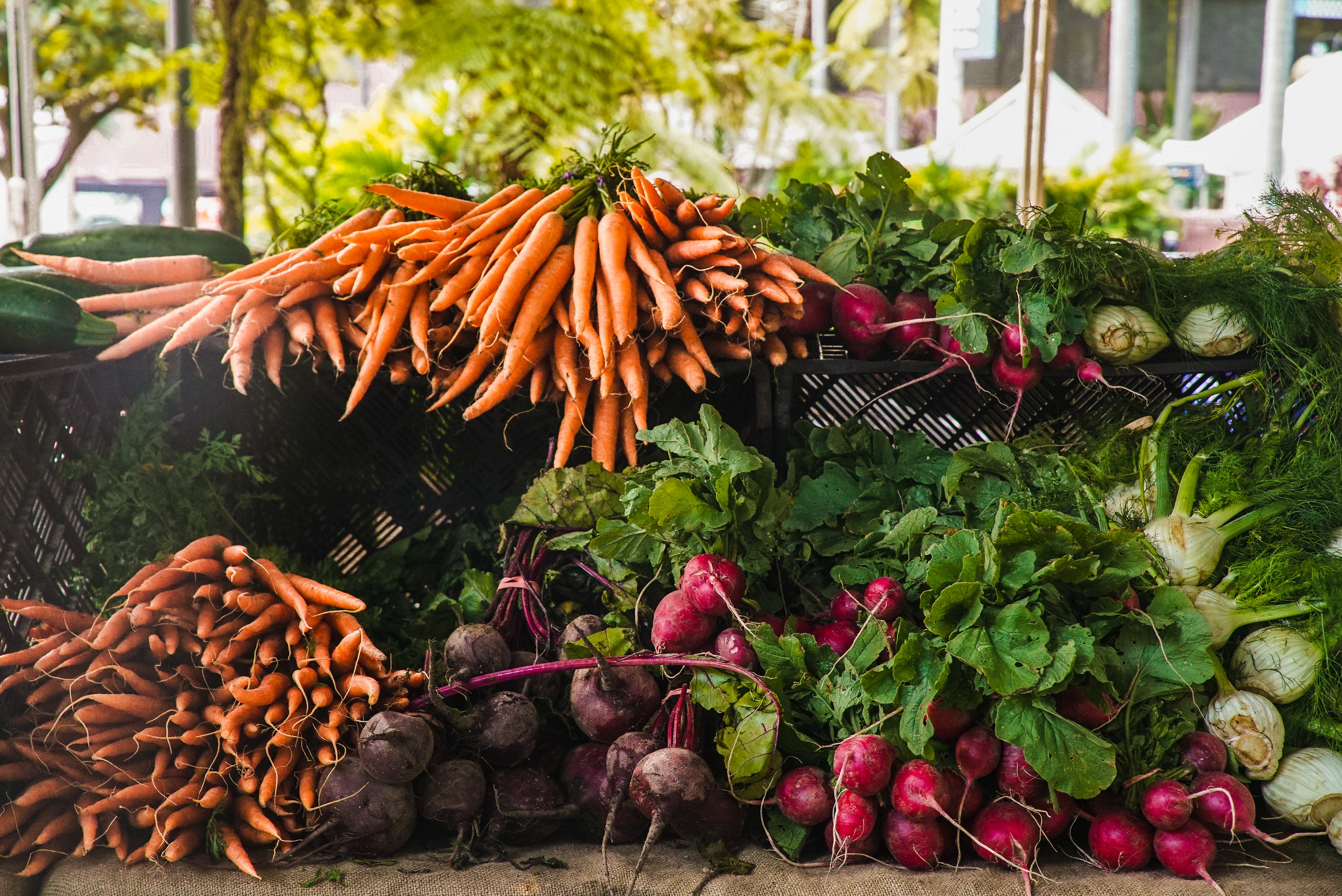The UK produces an astonishing 10m tonnes of food waste per year. The majority of this comes from household waste. However, foodservice and manufacturing produce 2.85 million tonnes of food waste. A lot of this food waste ends up in landfill where it decomposes, emitting greenhouse gases including methane.
So Why Should We Be Reducing Food Waste?
41% of the waste produced by pubs, restaurants, and hotels is food waste. Of this, 0.4 million tonnes is avoidable. There are a number of benefits that come with reducing food waste:
- Reducing Greenhouse Gases: Research strongly suggest that greenhouse gases are contributing to climate change. Reducing the amount of food waste we send to landfill is one way businesses can reduce their environmental impact.
- Attracting the conscious consumer: By making changes to reduce your environmental impact you will appeal to the growing numbers of customers who are looking for more sustainable businesses to support.
- Saving the pennies: You may be able to save money by reducing the amount of edible food being thrown away. Plus there are great ways to reuse food offcuts before they reach the bin – like a homemade vegetable stock or carrot top pesto.
- A good news story: Making sustainable changes is a great opportunity for you to talk to customers – and potential customers – about your efforts.
This month, the resource efficiency agency WRAP is spearheading a campaign to help the foodservice sector actively tackle food waste. The Stand Up For Food action month is part of the Guardians of Grub campaign and aims to measure and reduce the amount of food waste produced within the foodservice and hospitality industries. Food waste in this industry currently amounts to nearly £3 billion worth of food being lost per annum.
Anaerobic Digestion:
At Paramount, we are tackling this issue by monitoring and revising our processes to minimise the amount of food waste we produce. Anything remaining that we cannot donate to local charities, we recycle in a process known as anaerobic digestion. Food waste is broken down in a sealed, oxygen-free tank called an anaerobic digester. This creates a nutrient-rich biofertiliser. The process also creates a methane-rich biogas, which in turn is used to produce renewable energy. 1 tonne of food waste can produce 900kg of fertiliser and 396 kWh of energy which is roughly equivalent to powering a TV for 1,190 hours.
Not only does this process stop methane entering the atmosphere, but carbon is also saved through the displacement of fossil fuels. Every tonne of food waste that is processed through anaerobic digestion prevents 0.5 and 1 tonne of CO2 being produced.
How can I get involved?
In the first instance, making efforts to minimise your food waste should be a priority. However, recycling any remaining food waste doesn’t need to be a time-consuming task and there are different ways to go about it:
- Donate any surplus food to local charities: If you have any surplus food, consider donating it to local charities. Not only will you benefit a worthy charity but you will also boost your local reputation.
- Anaerobic digestion: Although this may sound like a complicated process, there are various companies around the country that you can contact to set up a food waste pick-up. All you have to do is throw your food waste into a separate bin. They will do the rest. Your recycling disposal company may already offer this service so it’s definitely worth checking.
- Home composting: If you’re lucky enough to have a kitchen garden at your business you can simply compost your non-meat food wastes. The compost you create will help you grow even more fruit and veg. You can even up your composting game with a hot composter or an accelerator.
- Commercial composting: Recycling companies that don’t offer anaerobic digestion may be able to compost the food waste they collect.
By contacting your recycling collection service, you will be able to get advice on the types of food services they offer. They can also provide you with the relevant bins and bags to dispose of your food waste correctly.
Find out more about our environmental initiatives here. To request an On Trend brochure fill out our online form or call us on 01626 837650.






